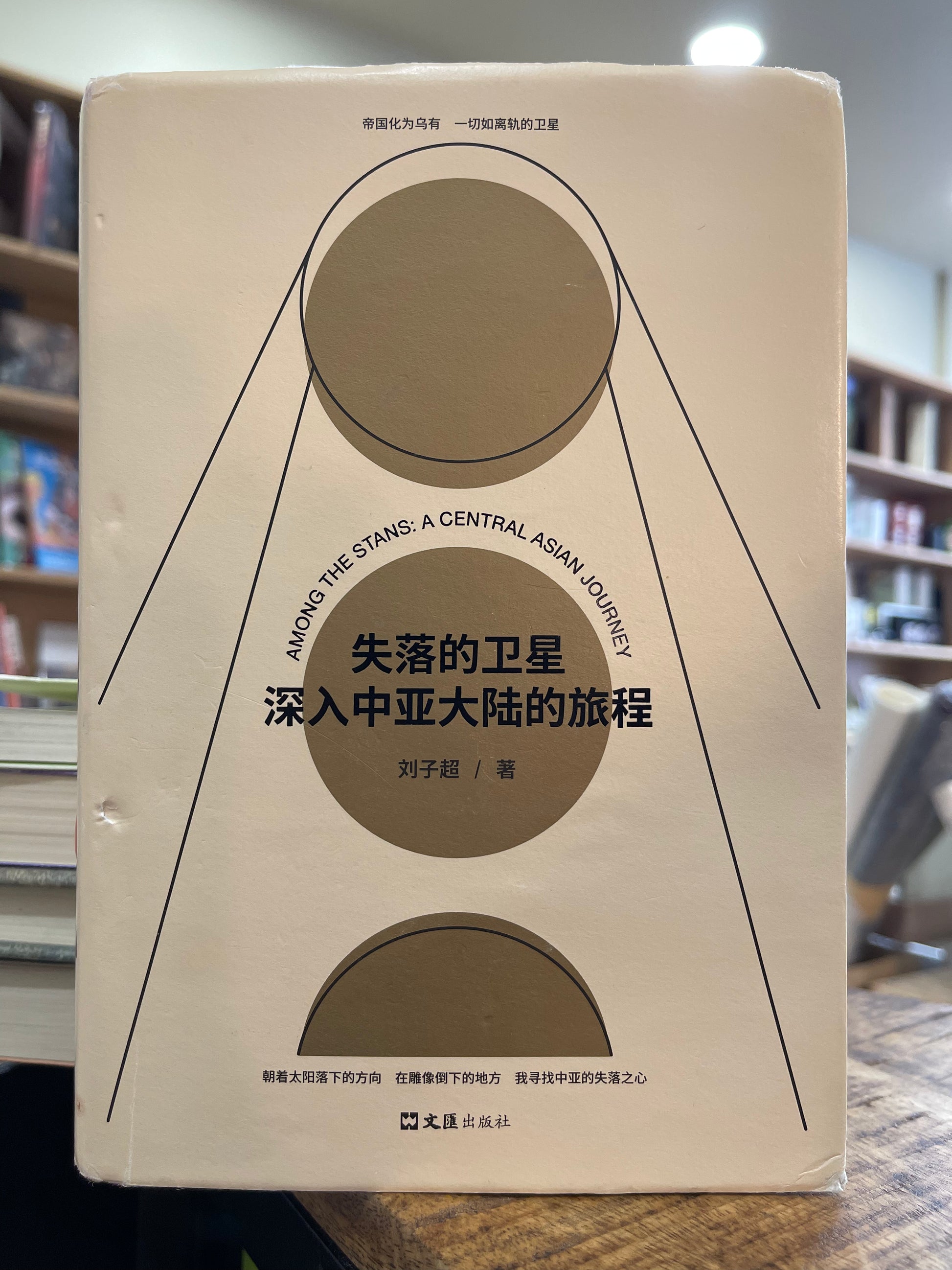WULOLIFE
二手书《失落的卫星》【8成新】
二手书《失落的卫星》【8成新】
Couldn't load pickup availability
Description
内容简介 · · · · · ·
刘子超出发之作《午夜降临前抵达》重版出来👇
https://book.douban.com/subject/35522033/
·
☆ 豆瓣年度榜单·中国文学非小说类 第一名
☆ 方所文化年度选书
☆ 新浪读书年度推荐图书
☆ 搜狐文化 年度十大好书
☆《南方都市报》南都十大好书
☆ 《新周刊》·硬核读书会 十大非虚构好书
☆《中华读书报》不容错过的25种文学好书
·
我们生而自由,却往往身不由己。
在听游荡世界的回声。
·
☆
☆
☆ 历史学家罗新、作家许知远高度赞许,“为今后的旅行写作树立起标杆”
☆ True Story Award)
☆《纽约客》记者Jon Lee Anderson推荐:饱含幽默感、好奇心和冒险精神之作
☆ 入选单向街水手计划,开启“新游牧”生活方式,在封闭与隔绝的时代逆向而行
☆ 随书附手绘地图及40张摄影彩插,作者首次分享中亚文艺清单,纸上遨游中亚
·
有了刘子超这本书,我们可以骄傲地说,在近代以来琳琅满目的中亚旅行文学中,终于有了第一部高质量的原创中文作品。——罗新,北京大学历史系教授
·
九年间,作家刘子超数次深入亚洲腹地,前往神秘的邻人之国——乌兹别克斯坦、哈萨克斯坦 、吉尔吉斯斯坦、塔吉克斯坦及土库曼斯坦——在这片处于全球化边缘和未来之间的寻觅之旅。
沿着国境线飞驰,绕过散落的飞地,驰骋于帕米尔无人区,在苏联的核爆试验场抛锚,他以探险者的精神见证隔绝之地;踏上撒马尔罕的金色之路,徜徉于血腥战场和帝国宫殿,凝视最抚摸玄奘笔下的佛塔,他试图寻回古人的目光;结识将未来寄托于汉语的塔吉克青年,遇见困守咸海七年的中国人,在乌兹别克的酒吧里,听见把酒言欢的商人指着撒向空中的钞票大喊: “你之前看到的全是假象,这才是现实!” 。
一切如同离轨的卫星,暧昧而失落,充满活力、孤独和挣扎,我们就在隔壁,却浑然不觉——直到旅行开始,直到翻开这本书。
·
有了刘子超这本书,我们可以骄傲地说,在近代以来琳琅满目的中亚旅行文学中,终于有了第一部高质量的原创中文作品。宽广的接触面,鲜活的时代感,颇有时间深度的历史思考,加上淡定得有点舞台感的冷静叙述,几乎各个方面都为今后的旅行写作树立起标杆。
——罗新,北京大学历史系教授
代人中最杰出的游记作家,他的叙述与感受常我希望他更狂野与热情一些。
——许知远,作家、单向空间创始人
以及独特的幽默感、好奇心他带着我们来到中亚的心脏地带,那里既神秘,又出乎意料地和我们紧密相连。刘子超是一位敏锐的人性观察者。
——Jon Lee Anderson,《纽约客》资深记者
《失落的卫星》可远远不只是一个关于旅行的故事。它是一部少见、非凡的文学作品,以一种非常缓慢的步伐在中亚漫游,如同一名佛教僧侣——顺带一提,这种缓慢的步伐亦体现在本书从容不迫的语言中。与大多数旅行作家不同,刘子超没有尝试去和那些“重要人物”对话,男男女女交以上种种,你就像真的和子超去了一趟中亚,你对这片土地的了解比读一百篇政治类文章还要多。
——Margrit Sprecher
